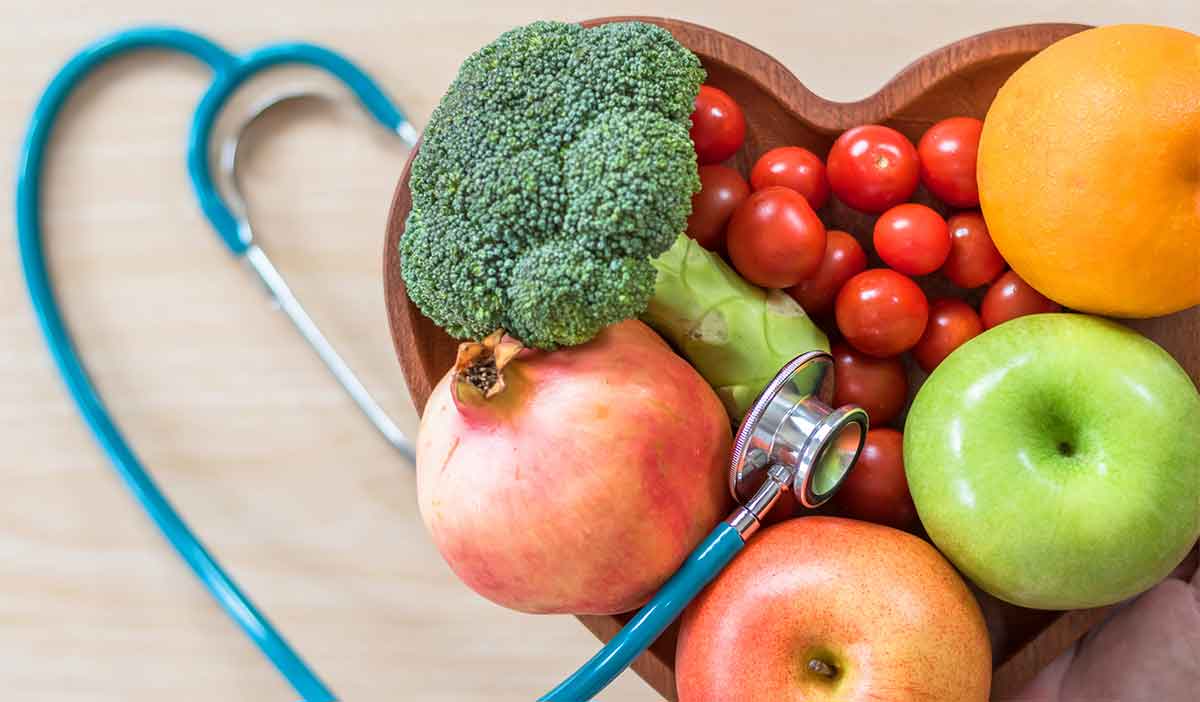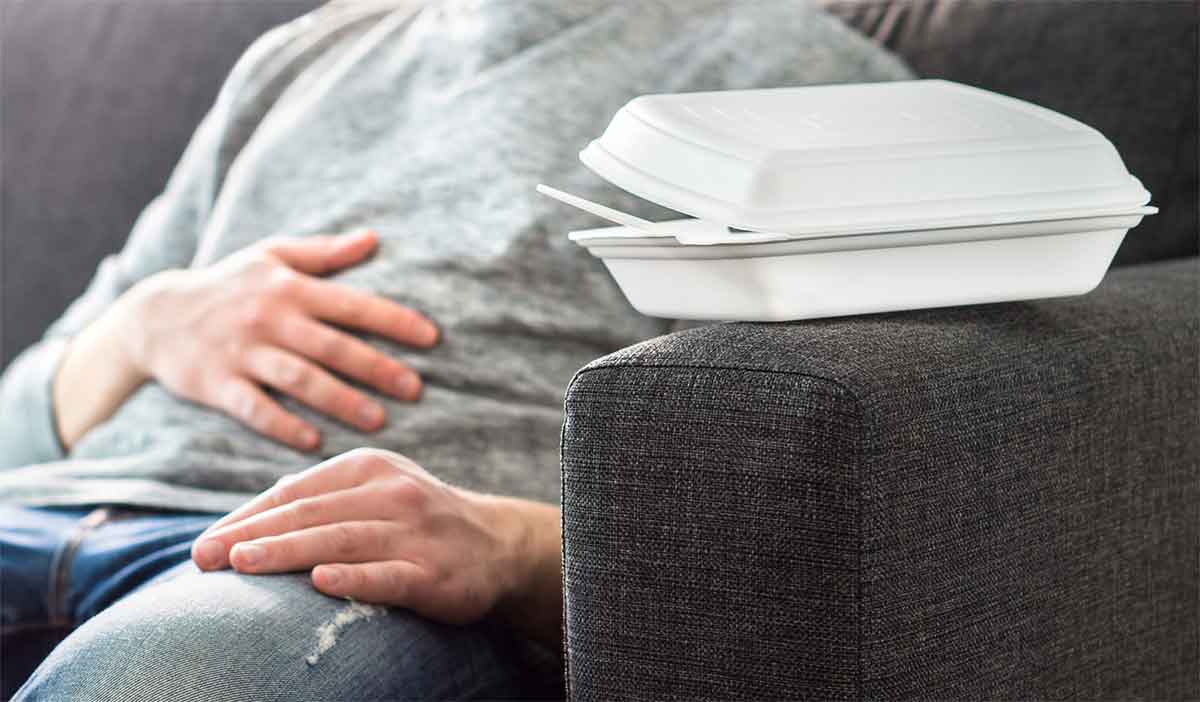
Have you ever wondered why your doctor asks you to get your cholesterol tested at least every four to six years?
Cholesterol levels build over time, and that’s why they tend to go up as you age. Providers monitor it because, after you reach age 20, your cholesterol levels are a healthful bit of information for assessing health risks like coronary heart disease, according to the American Heart Association.
It is true that you need some cholesterol in your body to function, but it’s when you have too much of the wrong kind of cholesterol that you increase your chance for related health problems.
In medical terms, the amount of cholesterol that you have is an indication of how much of that fatty substance is circulating in your bloodstream (and increasing your chance for heart attacks, strokes, and more).
Evaluating cholesterol test results
Your test results will include details about your good cholesterol level (HDL), bad cholesterol level (LDL), triglycerides, and your total blood cholesterol.
What your cholesterol numbers mean
- Ideal LDL cholesterol levels for adults are less than 100 mg/dL. LDL levels above 160 mg/dL are considered high.
- Total cholesterol levels should be no higher than 200 mg/dL. Results for total cholesterol above 240 mg/dL are considered high.
- Good HDL readings are 60 mg/dL or higher. HDL levels below 40 mg/dL indicate a higher risk for heart disease.
LDL is considered the “bad” type of cholesterol because it can form plaques in your heart’s arteries that block and interfere with your blood flow (or, in some cases, rupture and form a clot).
If you are overweight or if you have other health risks (such as a family history of heart disease, diabetes, or high blood pressure), your provider may do more regular testing as a preventative measure.
Common causes of high cholesterol
In some cases, patients inherit their abnormal cholesterol levels. For other people, their high results might be due to one or more other risk factors, such as age, high blood pressure, smoking habit, or even poor diet.
In terms of diet, high LDL cholesterol often develops when you eat foods high in saturated fat (such as milk, cheese, butter, ice cream, and mayonnaise) as well as high-fat meats (such as bacon, beef, cold cuts, hot dogs, and breakfast sausages).
Treatment options for high cholesterol
The two best ways to lower or maintain your cholesterol levels include drug therapies as well as watching what you eat, staying active, and maintaining a healthy weight.
Your provider is the best person to work with to develop a course of treatment that will help you get the best results and lower your cholesterol.
Diet and exercise
At any age, making even small improvements to your lifestyle and diet will help improve your overall health (and might help you lose weight, too).
Cleaning up your diet by focusing on eating foods that are high in soluble fibers and protein (but low in saturated fats and trans fats) can help lower cholesterol buildup.
Don’t forget the importance of regular exercise when making your heart-healthy plan to lower your cholesterol. Aim to add at least 30 minutes of daily physical activity to your weekly routine.
Medication
Your doctor may prescribe cholesterol-lowering drug treatments—such as bile acid sequestrants, statins, and Cholesterol absorption inhibitors—to help you get your cholesterol under control.
Take an active role in monitoring your cholesterol levels and reducing your risk of heart disease by making an appointment to see your doctor.
Need a primary care provider? Search our directory to find a specialist or doctor.
You might also like:



